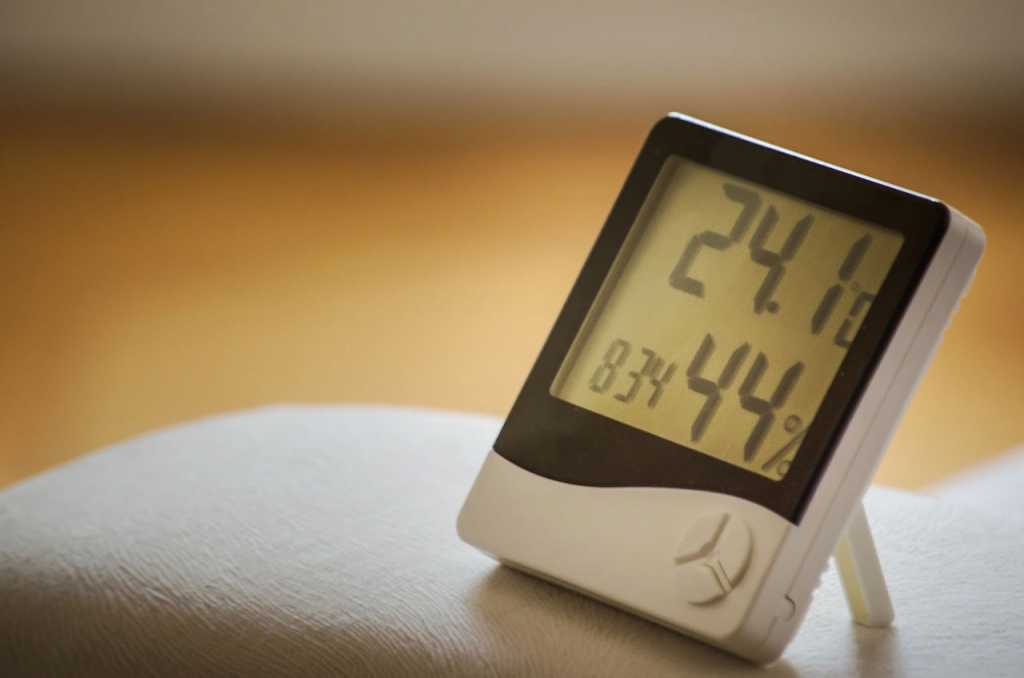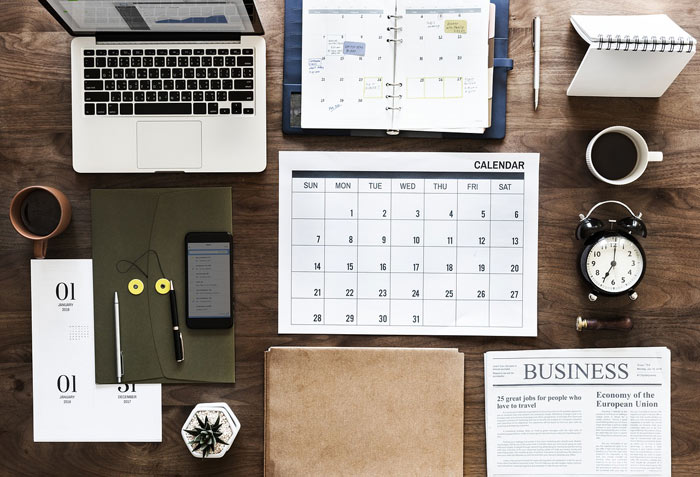Just think about all those ADHD individuals who seem to be struggling with most of the daily routine tasks we don’t give a second thought to. At work, at home, on the street ADHD adults are challenged many times per day, which is, to say the least, annoying. Also, it can wreak hell on personal and working relationships, when even close people don’t know exactly how such a person is feeling at every given moment. So if you happen to belong with these people you might need quite a lot of coaching to help you along with going through the motions. Luckily some of the tricks you can teach or develop yourself.
Make your life well-structured and maintain the order
All your regular places should be arranged accordingly to necessity: things you use frequently ought to be placed within easy reach, while others can be put aside (even if doesn’t look very orderly from the point of view of a common person). Keep at hand sheets of paper where you write down to-do lists. Make a point of sticking to the prearranged routine.
Arrange surrounding space
Determine what things are in constant use and what aren’t. For the latter get storage racks or bins (depending on the kind of stuff). Small things that can get astray should be designated spots they will always be kept in. Never keep things you won’t ever use.
See that your to-do lists don’t get too long
It’s dead easy for schedules to get out of hand and comprise so many tasks as to put a scare in everyone; make a habit of writing about five tasks on your list not to hassle yourself.
Make constant use of alarms and timers

Why not set the timer for every new task to keep an eye on the passing of time and not overstay? It can help those who get immersed in work.
Good scheduling must be realistic
Generally, completion of tasks is apt to take more time than people estimate. If you caught yourself doing that often, allot longer periods for each point in your schedule.
Separate big tasks
You will feel more confident if you cut up huge tasks into smaller individual tasks, making your labors easier and less stressful.
Get ready
Pondering on your task in hand, mark out all the necessary materials and make a point of collecting them and placing them at your convenience. Having to pause in your work later to go looking for a misplaced object can be very distracting.
Learn to handle your papers judiciously

For those battling with ADHD, a lot of paperwork might be extremely disorganizing. Try not to leave your papers wherever you picked them to peruse. It may be difficult, but ultimately a sound system of sorting out and working with papers will serve its purpose and make your work easier.
Try to do away with papers at all – ask to be sent electronic bills and documents that won’t clutter your desk and will be easier to locate.
A lot of mail requires regular attendance. Allot special time for running through your mail, it will be better if you sort through it at once when it comes in.
You may need to file your incoming papers. Stock yourself on folders, dividers, colored labels enabling you to arrange your papers by type, separate different documents and make them easily located.
Rely on prioritizing
Impulsiveness characteristic for ADHD-sufferers that makes them easily deflected results in their having difficulties with accomplishing projects; what’s more, a complex project looks formidable and even intimidating. So the idea is to single out the most important part of it first and deal with it – let other parts wait until you are free to attend to them.
Make sure you say no when necessary
If your commitments begin to pile up, maybe you can say no to some of them to avoid overstuffing your plate. You need to cope with your work and have time to rest and meet your social obligations. Balance your life without allowing work to grow on you.
The budget needs control and bills need attention

Unfortunately, money management involves a lot of attention and time – which makes it an extremely grueling task for individuals with ADHD. They need to have these systems simplified, unified, allowing them to go through the motion with assurance. Try to work out a system of your own so as to exclude the possibility of overdue bills incurring growing penalties.
As for budget control, it commonly begins with a candid assessment of what happens to your money. It would be a good idea to make notes of all your expenses, large and small, for a few months. Even the first month can give you useful data for analysis – you can catch yourself buying things you don’t really need and identify impulsive spending.
Exclude impulsive purchasing
In many cases, the combination of shopping and impulsiveness can be destructive for budgets, and even more so for those having ADHD. They might end up deep in the red, left with bad feelings and financial problems. Some strict rules can preclude impulsive splurges.
• Pay for your purchases with cash.
• Avoid using several credit cards – you can simply do with one. Before shopping, compile a list of necessary items to set limits.
• Run your purchases on the calculator to know how much you are going to spend.
• Steer clear of places that could tempt you into overspending, ignore catalogs and newsletters from stores you patronize – don’t allow yourself to be led and see how it will serve your budget.
Shut out distracting factors

If staying concentrated is an issue, conditions at work and the surrounding atmosphere are vital for your performance. Oftentimes it’s up to you to mitigate the influence of distracting factors – here is what you can do:
Working in an office with others, see if it is possible to relocate to an empty room or a conference room now and again.
See to what extent external din can be eliminated. You may benefit by turning your desk to face the wall; if it is appropriate, make use of the sign “Do Not Disturb.” Un-clutter your desk, set up voicemail to deal with incoming calls, when you feel flustered, you can ignore email and switch off notifications; if you don’t have to be online, log off when faced with an important task. Headphones can diminish any noise that you haven’t control of.
Keep notes of your ideas. Sometimes ideas begin to flood in – some of them eminently marvelous – and drive you to distraction demanding your instant consideration. Write them down on paper or in smartphone notes to return to later when you are less burdened. If you often have these insights you can even allot time towards the end of work to give your jottings due consideration.











